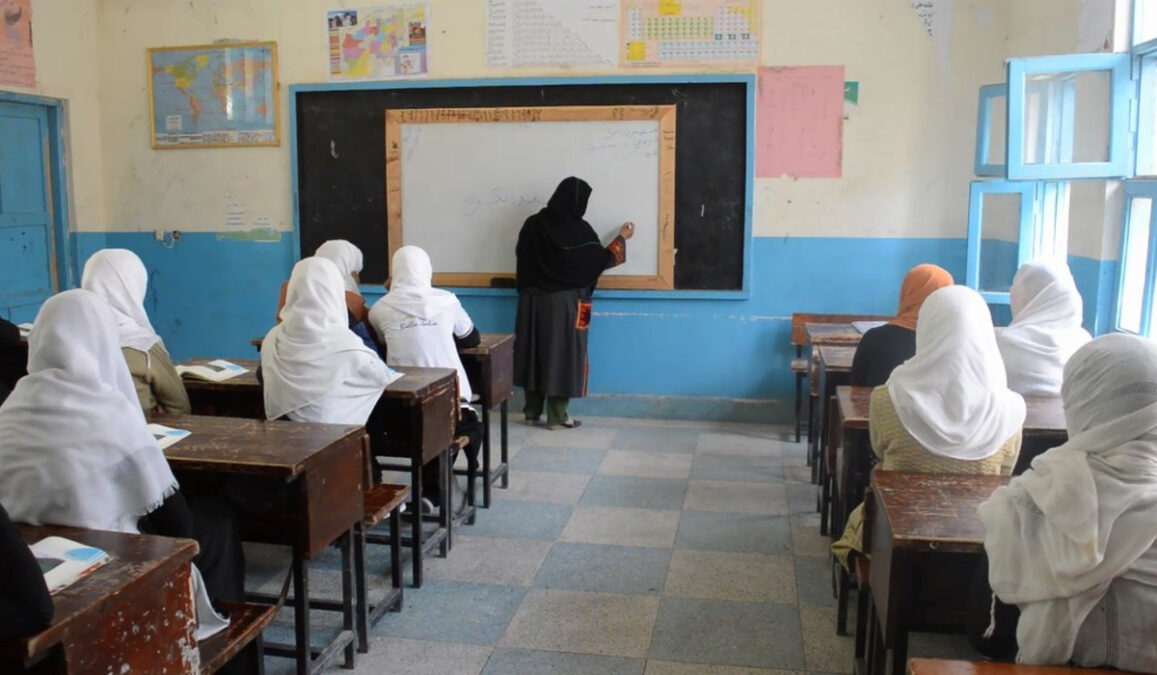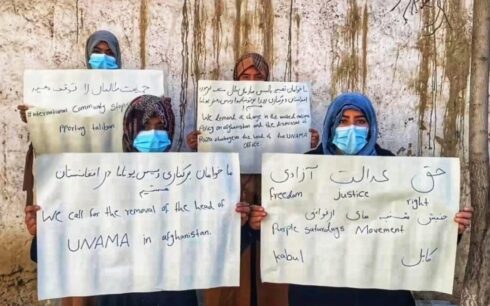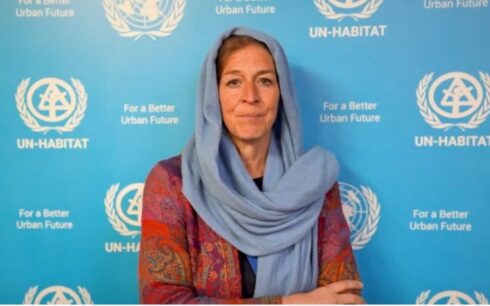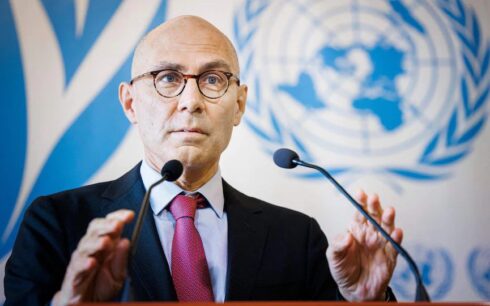At the sidelines of the third Doha meeting, Taliban officials repeatedly emphasized that the issue of girls’ education is an internal matter for Afghanistan and not a subject for international discussions.
But is the issue of female education and employment in Afghanistan truly an internal matter, or does the international community, including the United Nations, have the right to intervene?
Human Rights Watch has pointed out that Afghanistan has been a member of the Convention on the Elimination of All Forms of Discrimination against Women since 2003, which obligates the Taliban to adhere to its principles.
Heather Barr, associate director of the Women’s Rights Division at Human Rights Watch, reiterated this point, emphasizing that Afghanistan is bound by international laws and conventions. “Women’s rights are not just internal matters that don’t concern the rest of the world. Afghanistan, like every other country, is bound by international law and by the treaties it has signed, including the Convention on the Elimination of All Forms of Discrimination Against Women, which Afghanistan joined in 2003,” Barr explained.
Afghanistan’s permanent mission at the U.N. in Geneva also dismissed the Taliban’s claims as “baseless,” noting that Afghanistan’s membership in seven human rights conventions mandates international involvement in addressing human rights issues and establishing an inclusive government.
Since returning to power on August 15, 2021, the Taliban have consistently maintained that the formation of an inclusive government, human rights, and especially women’s and girls’ rights, are “internal matters” of Afghanistan, asserting that “the world has no right to interfere.”
Mohibullah Tayeb, head of the human rights section at Afghanistan’s permanent mission in Geneva, stated that Afghanistan, as an active member of the United Nations, has obligations that it must fulfill. “The claim by the Taliban that serious issues such as the systematic violation of women’s human rights are internal matters is baseless. Afghanistan, as a U.N. member, has international obligations,” he said.
Afghanistan’s ambassador to Poland, Tahir Qaderi, believes that the international community should heed the voices of those affected by the Taliban’s policies. “Those who are the main victims of the current situation in Afghanistan should determine the country’s real priorities,” he said.
Citizens are hopeful that international discussions on Afghanistan will lead to a breakthrough for the reopening of female schools and universities. Zakera, a resident of Farah, expressed her frustration: “When the Taliban are asked about girls’ education, they say it is an internal matter. But for two years, we have been deprived of going to school and university, and the world has remained silent.”
There have been apparent disagreements among Taliban members over the issue of girls’ education, with some suggesting progress is being made, while others are reluctant to promise any changes.
The international community continues to grapple with how best to address these human rights issues while respecting Afghanistan’s sovereignty. The hope remains that global pressure and dialogue can lead to positive change for Afghan women and girls.





